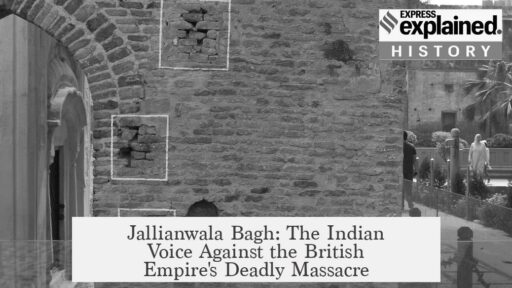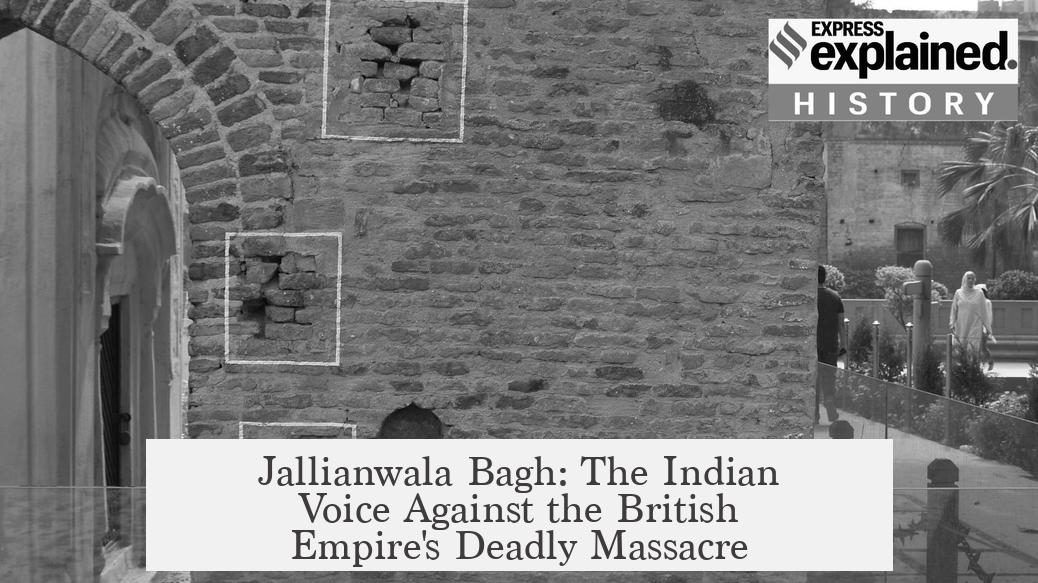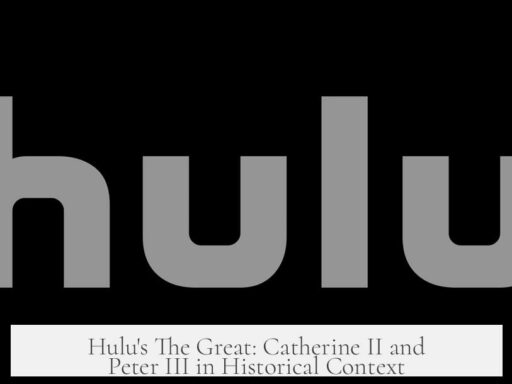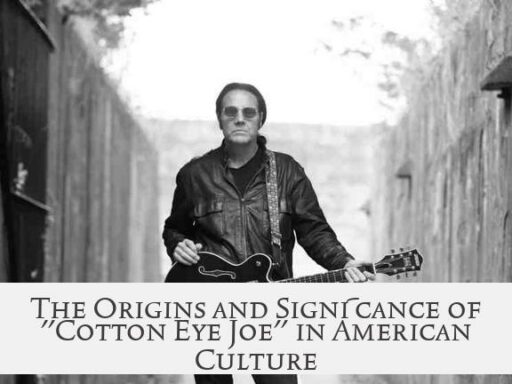Sir Chettur Sankaran Nair stands out as the Indian who boldly called out the Jallianwala Bagh massacre and exposed the British Empire’s grave injustice. His defiant voice against colonial oppression shocked the establishment and spurred public awareness internationally.
Nair was a rare Indian with prominent positions in British India’s administration. Born in 1857 in Kerala, he was educated in law and rose to become a high court judge and a member of the Viceroy’s Council by 1915, only the third Indian appointed. Notably, he was knighted in 1912.
He held independent views, criticized colonial policies, and even openly challenged Mahatma Gandhi’s methods, which marked him a distinct figure in India’s national movement. His career spanned roles as public prosecutor, social reformer, and council member, advancing constitutional reform for self-governance.
When the Jallianwala Bagh massacre occurred in April 1919, Nair was deeply shaken. British troops, under Brigadier General Reginald Dyer’s orders, fired on an unarmed crowd celebrating Baisakhi in Amritsar’s public garden. Official British figures claimed nearly 400 deaths; Indian estimates went as high as 1,000.
Martial law was imposed in Punjab, press censorship enforced, and the province cut off from the rest of India. Nair sharply condemned the brutality, stating in his 1922 book Gandhi and Anarchy that if governance required such slaughter, India was not worth living in.
Shortly after, he resigned from the Viceroy’s Council in protest and traveled to Britain. There, he engaged with British media such as The Westminster Gazette and The Times to publicize the massacre. His efforts ensured international scrutiny on the atrocity and British officials.
This outspokenness led to a libel trial in 1924 when Nair accused Michael O’Dwyer, the Punjab Lieutenant Governor who had endorsed martial law and repression, of terrorism. Despite losing the case in London’s Court of King’s Bench, Nair refused to apologize and paid damages. The trial nonetheless amplified public focus on British misrule and injustice.
O’Dwyer’s defense included justification of General Dyer’s actions. The presiding judge even claimed Dyer acted rightly under extraordinary circumstances, showing the British judiciary’s reluctance to condemn imperial violence explicitly.
While Nair was a constitutionalist, the trial stoked disillusionment with British rule and highlighted the futility of dominion status under an empire unwilling to adjudicate fairly. Indian nationalists saw this as a turning point that bolstered the independence movement’s momentum.
Meanwhile, Udham Singh, a young survivor of the massacre, pursued revenge against British officials. Singh studied law in England, then assassinated O’Dwyer in 1940 at a London courthouse. He accepted execution calmly, asserting he would do it again.
Winston Churchill condemned the massacre as monstrous and Parliament briefly prosecuted those responsible. Yet, the empire mostly sought to justify or minimize the event instead of reckoning honestly.
Sir Chettur Sankaran Nair’s legacy endures as a courageous voice that challenged imperial power. He combined reformist zeal with principled protest at tremendous personal cost. His stand against Jallianwala Bagh helped force the British Empire to confront one of its darkest chapters and energized Indian calls for justice and freedom.
| Aspect | Detail |
|---|---|
| Birth and Education | Born 1857, Kerala; studied law at Presidency College Madras |
| Positions Held | High Court Judge (1908), Knighted (1912), Viceroy’s Council Member (1915) |
| Response to Massacre | Resigned 1919; publicized massacre in Britain; authored Gandhi and Anarchy |
| Libel Trial | 1924, accused O’Dwyer of terrorism; lost but gained publicity; refused apology |
| Legacy | Champion of constitutional reform and anti-colonial protest; inspired freedom movement |
- Sir Chettur Sankaran Nair openly condemned the Jallianwala Bagh massacre, resigning from the Viceroy’s Council in protest.
- Nair publicized the atrocity in Britain, drawing media attention and sparking debate over British rule in India.
- He was sued for libel by Michael O’Dwyer but refused to retract his accusations, using the trial to highlight colonial abuses.
- The massacre’s legacy fueled Indian nationalist movements and inspired acts of revenge, including Udham Singh assassinating O’Dwyer.
- Nair balanced reformist ideals with courageous confrontation of empire, marking him a pivotal figure in India’s struggle for justice.
For a deeper understanding of the massacre and its aftermath, Kim Wagner’s Amritsar 1919: An Empire of Fear and the Making of a Massacre is highly recommended as a detailed, critical account.




